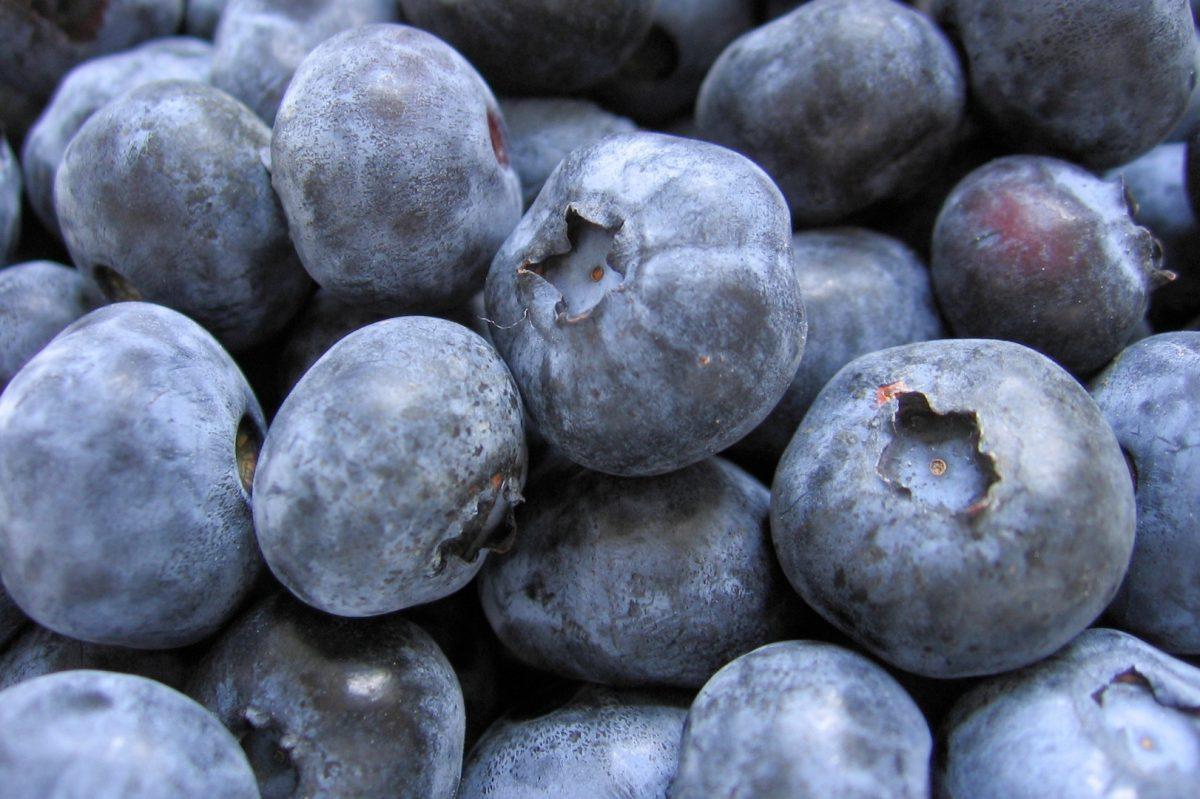Small, round and sweet — to most, a blueberry is just that.
But according to Bill Cline, a research and extension specialist in N.C. State’s plant pathology department, there’s much more to a blueberry than meets the eye.
A plant pathologist by training, Cline started his work with N.C. State’s plant pathology department in 1987. Cline received his master’s degree in plant pathology working with peanuts, but it wasn’t until he started working with the small fruit disease program at N.C. State that he learned more about small fruit crops.
“That was all strawberries, grapes and blueberries,” Cline said. “The position become available here at Castle Hayne [Horticultural Crops Research Station], and I made that move. It turned out to be a really great crop to work with. I just feel really fortunate to have sort of fallen into this work over the years.”
Cline is involved with every aspect of blueberry production, from selecting varieties and preparing a site to plant, to teaching growers how to prune their plants.
Cline said that blueberries were a much larger crop in North Carolina than many people realize.
“There’s a time of the year from the middle of May through July where we ship blueberries all over the country from North Carolina,” Cline said. “For the past couple of years it’s been around 40 million pounds of blueberries.”
Cline said the berries typically sell for $1.80 to $2 per pound.
“The farm-take value, or the return back to the growers, might be $70 million to $75 million dollars in a year’s time,” Cline said. “That’s a really significant amount of money for a fruit crop in the state. It’s probably the most for a fresh fruit crop in the state.”
Cline said blueberries are more than just a cash crop for North Carolina. He said there is a lot of cutting-edge research being done.
“I’m sort of the field person, and there are a lot of people with interest in blueberries that are working with the University,” Cline said. “I’m really excited about the clean plant network that is developing for small fruit crops. Blueberries and a lot of other crops are propagated vegetatively from cuttings. If those cuttings are disease-free, then the plants that you grow will be disease-free and healthy as well. There’s a lot of work going on right now to develop these sources of disease-free plant material.”
Additionally, Cline spoke of research being conducted at the Human Health Institute in Kannapolis that focused on maximizing blueberries’ health benefits.
“This is really exciting,” Cline said. “They’re sequencing the blueberry genome. That is a basis for determining what sorts of compounds are in the blueberry and also how you develop varieties of blueberry that have high levels of these compounds.”
Cline said blueberries contain many compounds, which can make it difficult to pin down what’s best to isolate.
“The things you think of with blueberries are the antioxidants, anti-inflammatory capacity, and the work that’s been done with memory and urinary tract infections,” Cline said. “There’s a whole host of things that blueberries have been shown to have activity on. They seem to have a really complex group of these sets of chemicals that are beneficial, whereas other crops may have one or two or three or a few of these chemicals that are known to be beneficial.”
With all the work that’s being done with blueberries, Cline said he’s simply grateful that he has the opportunity to work with what he considers an “amazing fruit.”
“I’m proud that it’s a part of our state, and that we have a presence in that industry,” Cline said. “I really enjoy the time spent with growers. I get to spend a lot of time with people in the field talking about their crop and how they’re producing and what the problems are they’re having. It could have been any crop, but fortunately for me it was blueberries.”








